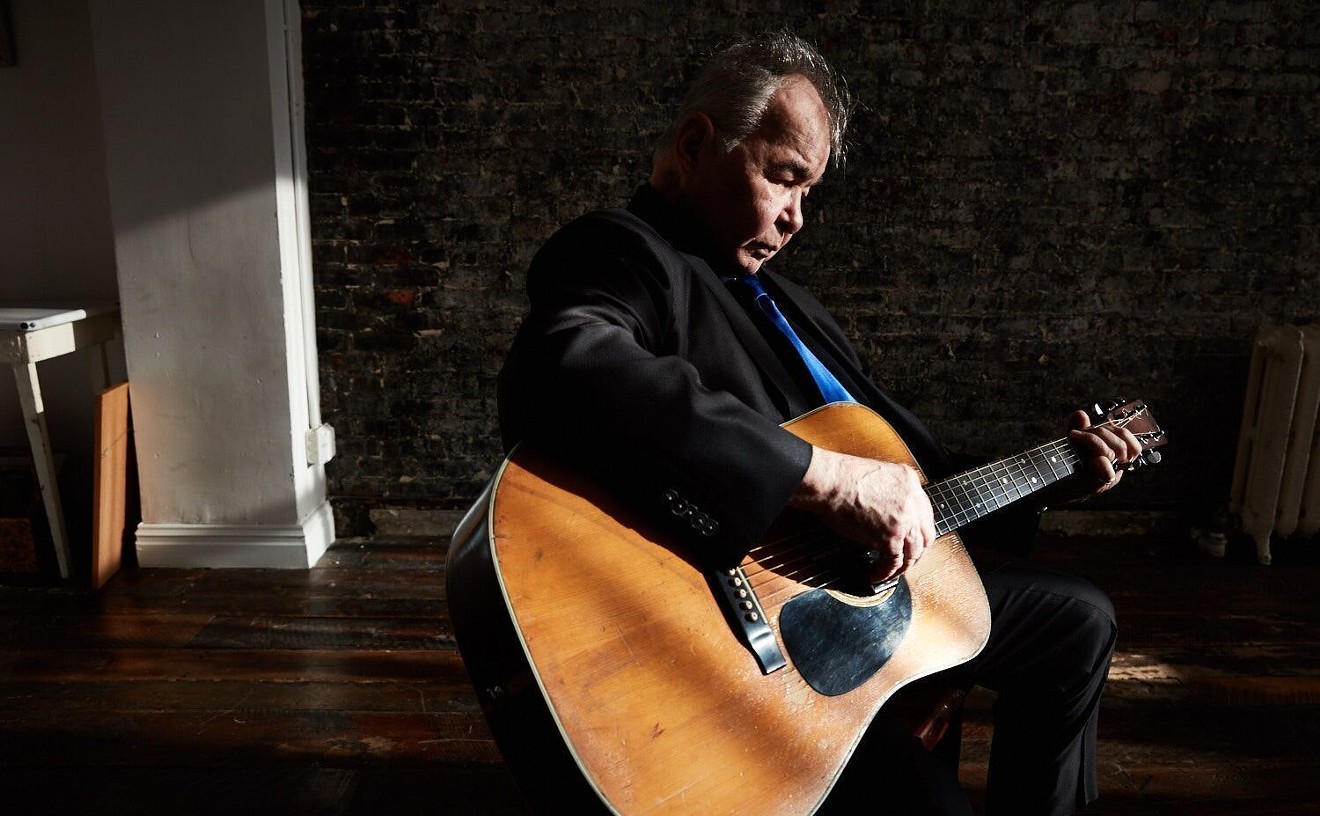Friends and members of the local music community are remembering Daniel Somers, a producer and singer/guitarist of Phoenix rock band Lisa Savidge, as a hardworking, talented musician. Somers, 30, took his own life on Monday, June 10.
The U.S. Army vet had been suffering from nightmares, flashbacks, and hallucinations related to the horrors of war he witnessed during his service from 2003 to 2006.
Somers described in a lengthy suicide note the suffering he endured after completing his military career. He also urged the U.S. government to offer more assistance to other struggling veterans.
"The same government has turned around and abandoned me," he wrote. "They offer no help, and actively block the pursuit of gaining outside help via their corrupt agents at the DEA. Any blame rests with them."
I spoke at length with Somers and bandmate Nick Gortari about Somers' time in the military for a 2011 story on Lisa Savidge. Somers describes his experience as "this crystallized perspective where everything is important in a Sartre kind of way. Every day you're creating yourself. I didn't have that perspective and if [I hadn't got] in a very permanent and harsh way, I probably wouldn't be able to write at all."
He wrote: "The fact is, I am not getting better, I am not going to get better, and I will most certainly deteriorate further as time goes on. From a logical standpoint, it is better to simply end things quickly and let any repercussions from that play out in the short term than to drag things out into the long term."
In the letter, he describes his suffering at length.
"You must not blame yourself. The simple truth is this: During my first deployment, I was made to participate in things, the enormity of which is hard to describe. War crimes, crimes against humanity. Though I did not participate willingly, and made what I thought was my best effort to stop these events, there are some things that a person simply can not come back from. I take some pride in that, actually, as to move on in life after being part of such a thing would be the mark of a sociopath in my mind. These things go far beyond what most are even aware of.
"To force me to do these things and then participate in the ensuing coverup is more than any government has the right to demand. Then, the same government has turned around and abandoned me. They offer no help, and actively block the pursuit of gaining outside help via their corrupt agents at the DEA. Any blame rests with them. Beyond that, there are the host of physical illnesses that have struck me down again and again, for which they also offer no help. There might be some progress by now if they had not spent nearly twenty years denying the illness that I and so many others were exposed to. Further complicating matters is the repeated and severe brain injuries to which I was subjected, which they also seem to be expending no effort into understanding. What is known is that each of these should have been cause enough for immediate medical attention, which was not rendered."
Somers continues, citing the statistic of 22 veteran suicides daily, which is more than the Sandy Hook fatalities. "Where are the huge policy initiatives? Why isn't the president standing with those families at the state of the union? Perhaps because we were not killed by a single lunatic, but rather by his own system of dehumanization, neglect, and indifference."
Somers' second tour of Iraq was better but still did not solve the issue.
"Since then, I have tried everything to fill the void. I tried to move into a position of greater power and influence to try and right some of the wrongs. I deployed again, where I put a huge emphasis on saving lives. The fact of the matter, though, is that any new lives saved do not replace those who were murdered. It is an exercise in futility."
In his final goodbye, Somers describes his death as a mercy killing.
"This is what brought me to my actual final mission. Not suicide, but a mercy killing. I know how to kill, and I know how to do it so that there is no pain whatsoever. It was quick, and I did not suffer. And above all, now I am free. I feel no more pain. I have no more nightmares or flashbacks or hallucinations. I am no longer constantly depressed or afraid or worried.
"I am free.
"I ask that you be happy for me for that. It is perhaps the best break I could have hoped for. Please, accept this and be glad for me."
Somers' wife, Angeline, sent the letter, along with a disheartening sentiment: "It has been crazy . . . Daniel and I are private people and in the last week things have been ripped open and now everyone knows about how bad it has been. I wish I could believe that if it had gotten out sooner that he would still be here."
Lisa Savidge's Facebook page is full of pictures and notes of encouragement, fondly remembering Dan Somers as a friend, and as a hardworking musician and producer. A memorial show is in the works, and we will post a follow-up story as soon as more information about it is made available.










